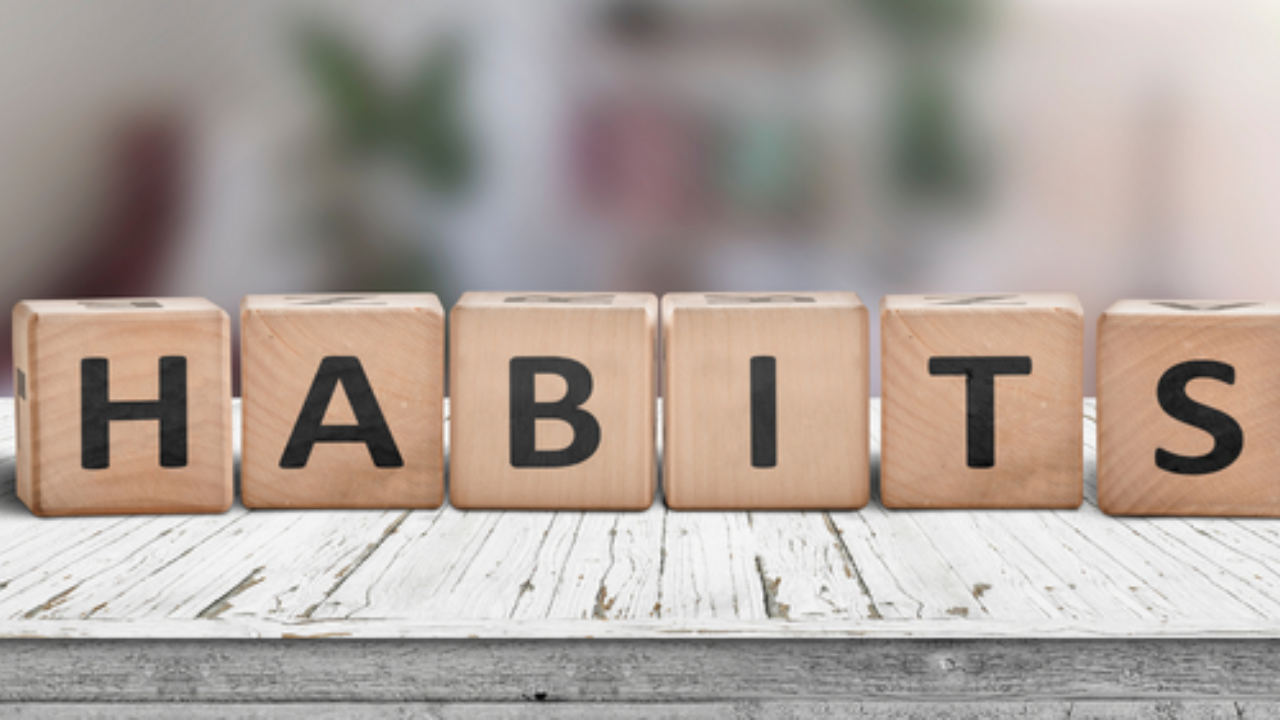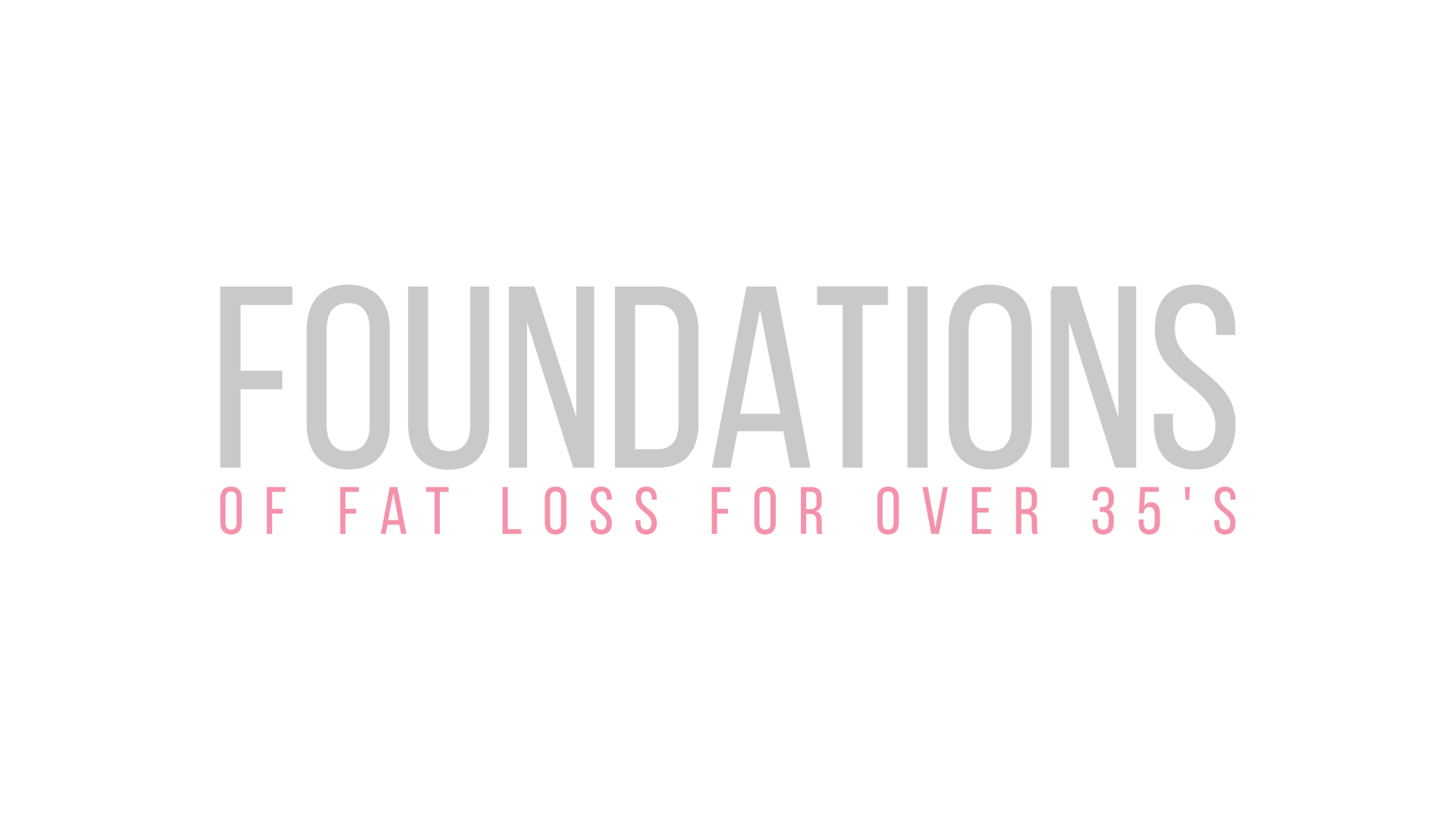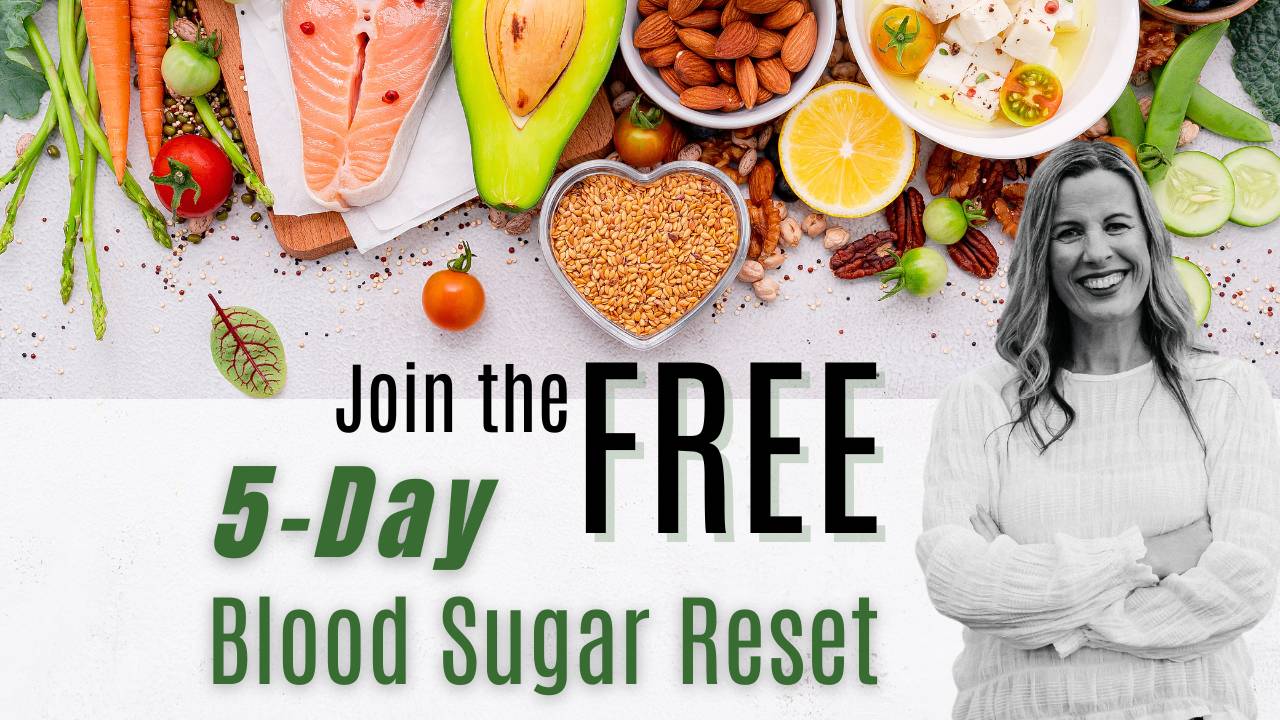
The Power of Habits: Why we Do What we Do
Mar 10, 2023The difficult thing about nutrition is that there is an ‘expert’ on every street corner telling you what you ‘should’ be eating. Especially if you want to lose weight. New diet books on the shelves each week, new research studies and so much focuses on what to eat. Be it Paleo, keto, sugar-free, low fat – the list goes on.
If you want to improve your nutrition and health I suggest you step back and look at things from another angle. Instead of focusing so much on what you are eating, start looking at why you are eating certain things in the first place.
A huge part of the why comes down to habits. Whether it’s the 3 o’clock chocolate fix or the energy drink that becomes a daily event, food habits develop quickly and can lead to energy slumps and weight gain.
To change a habit, it is useful to understand how habits are formed in the first place. Charles Duhigg provides a fascinating overview in his book “The Power of Habit”.
Duhigg outlines the ‘habit loop’, based upon the sequence of cue/routine/reward. Certain cues are followed by routines, ending in a reward. Research done in the 1990’s showed that it is this sequence that makes habits so powerful and hard to break because they create neurological cravings. Once a craving is starting to form and we anticipate the reward, we have a high sense of desire to get that reward. It is this craving that drives the habit loop.
Most of us can relate to the habits formed eating certain desirable foods. Think of what happens when you see a box of donuts. If we had never eaten this product then we are unlikely to have any reaction when we see it. However, once our brain learns that a donut has sugar and carbohydrate (particularly if we like sweet foods) then it will start anticipating the sugar high. Our brains will push us towards the box. If we don’t actually eat the donut, we can be left with a feeling of disappointment or anxiety.
If you want to change a habit, Duhigg suggests that they key is to start recognising the cues and provide the same reward but change the routine. Think of alternative routines that will satisfy the craving brain and provide a more positive outcome. For example, a cue might be a 3pm coffee break. The routine of eating a chocolate bar is providing the reward of a burst of energy. This routine could be changed to a quick walk around the block which would be a much healthier way to get energised.
Looking at not just what you are eating but why you are eating it in the first place is a very powerful way to start changing habits and ultimately change your health.
Sign up for new weight loss tips every week
New recipes, meal ideas and motivation, delivered to your inbox.



